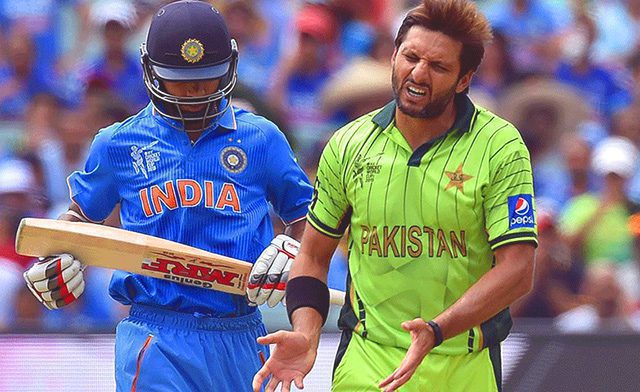Life on the subcontinent will halt this Sunday. An audience of more than a billion people is guaranteed. Even the Taliban in the remotest parts of the north-west frontier will lay down arms and pay attention. People of all religions of the sub-continent — Sikh, Buddhist, Muslim, Hindu, Parsi, Christian and others, will be transfixed by the excitement of a glorious, historic and all too rare sporting event. It will be a world cup clash of India and Pakistan. India may be the favorites this time to win the contest but there is a long history of cricket rivalry between India and Pakistan
When the first test series between India and Pakistan was no less than a battle
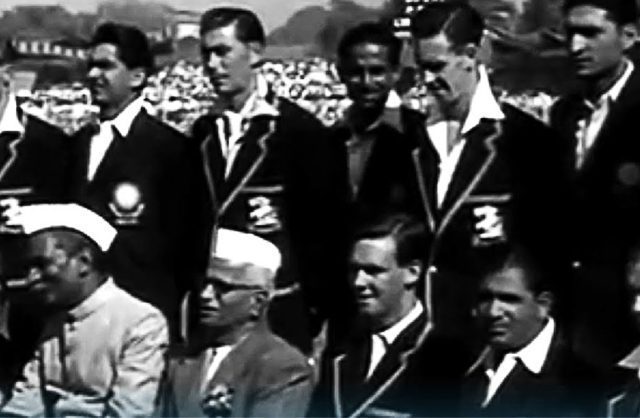
Pakistan after becoming a permanent member of the International Cricket Council in 1948, toured India to play their first Test cricket in history. They lost the first Test in Delhi to India but won the second Test in Lucknow, which led to an angry reaction from the home crowd against the Indian players.
India clinched the Test series after winning the third Test in Bombay, but the intense pressure affected the players of both. This resulted in defensive tactics that led to drawn matches and the whole series without a victor. But both the 1955 series and Pakistan’s tour of India in 1961 ended in a drawn series with no Test yielding a winner or loser. Complaints about the fairness of umpires also became routine.
Neither side dared risk defeat, 13 Consecutive Draws over 2 decades
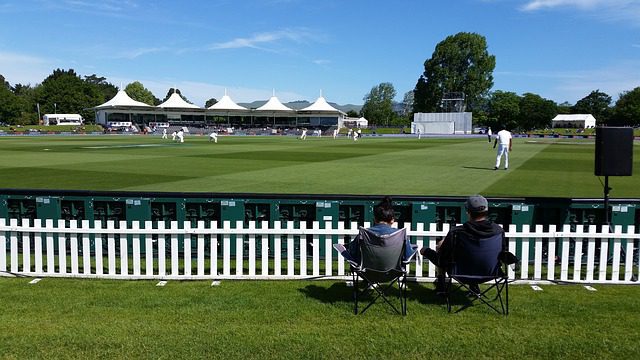
When India toured Pakistan in 1955, thousands of Indian fans were granted visas to go to the Pakistani city of Lahore to watch the Test match.
Yet the cricket itself in that series was extremely dull. It was the first time that any five Test match series resulted in a 0-0 draw. Another 0-0 result was recorded when Pakistan returned to India in 1960. Indeed, the two countries played 13 consecutive draws over two decades.
The scoring rates rarely exceeded two runs per over, often plunging much lower. In the first Test of the 1954-55 series, played in Dacca, Pakistan threw away a fine chance to win the game by scoring only 97 runs in 73 overs for the loss of one wicket. This set the tone for the series. Neither side dared risk defeat. Too much was at stake. After the fourth drawn Test in Peshawar, the Ambala Tribune published a match report with the headline ‘Match saved but cricket killed’.
India’s first visit to Pakistan with a very warm welcome
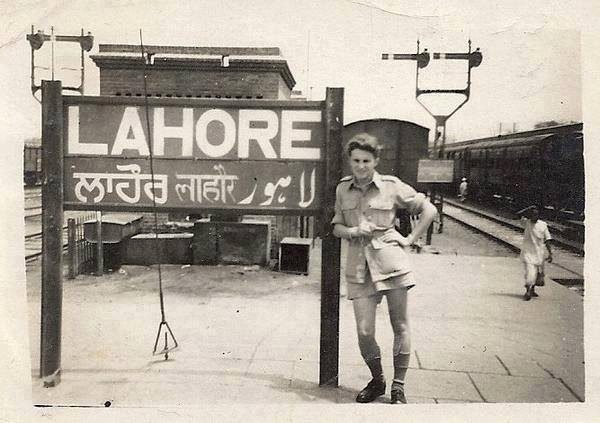
In the 1954-55 season, only seven years after the unspeakable bloodshed of Partition, thousands of Indian supporters were allowed to cross the border from Amritsar to Lahore. Pakistanis invited Indians into their homes.
The Tribune, a Hindu paper, ‘was surprised to see the Mall Road and Anarkali Bazaar crowded with Indians and Pakistanis greeting each other with embraces, some with tears in their eye, reviving all memories of their old days together’.
No Cricket and a distraught child Imran Khan
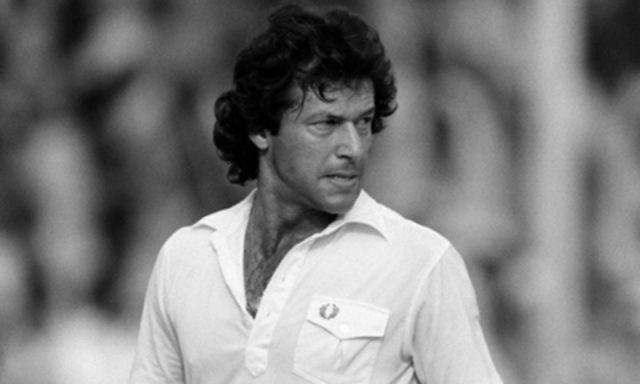
It’s a rivalry that is regularly punctuated by war. No cricket was played between the two countries from 1961 until 1978. The 1965 conflict, caused by Pakistani aggression, severed relations. By the time a ceasefire was declared, Indian tanks were on the outskirts of Lahore, where a 12-year-old Imran Khan was distraught not to be allowed to join a local militia.
New leaders revive cricketing ties between Indian and Pakistan
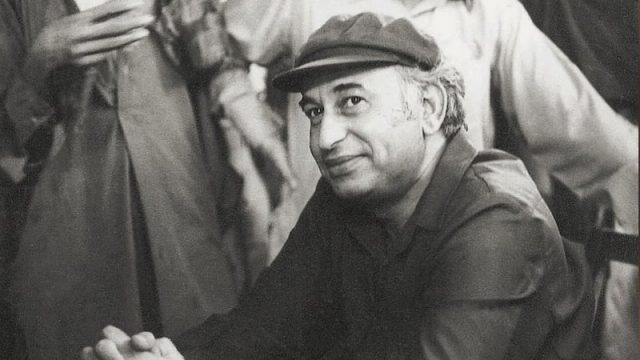
The Indo-Pakistani War of 1965 and subsequent War of 1971 put a hold on India-Pakistan cricket that lasted till 1978 when India toured Pakistan and cricket resumed for a brief period. In the post-1971 period, politics became a direct factor in the holding of cricketing events. The resumption of cricketing ties in 1978 came with the emergence of heads of government in both India and Pakistan who were not directly connected with the 1971 war and coincided with their formal initiatives to normalize bilateral relations.
Birth of cricket diplomacy
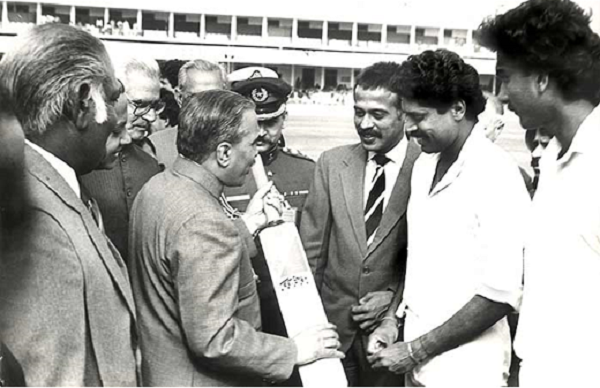
Shortly after a period of belligerency during the Operation Brasstacks war games, Pakistani president Zia-ul-Haq was invited to watch the India-Pakistan test match being played in the Indian city of Jaipur. This form of cricket diplomacy has occurred several times afterward as well.
Pakistan toured India in 1979, but an Indian tour of Pakistan in 1984 was canceled mid-way due to the assassination of Indian Prime Minister Indira Gandhi.
Pakistan Ambassadors to India
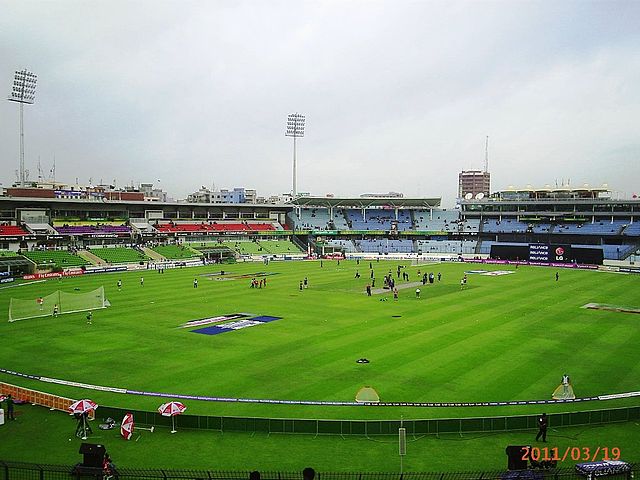
This new friendship did not last. Renewed hostilities meant only a handful of Tests were played between 1987 and 2004 when Pakistan hosted a touring Indian team for a successful series in which special arrangements were made to allow Indian supporters to cross the border. At the end of the Test series, the Indian High Commissioner told the Pakistani diplomat Shahryar Khan: ‘20,000 Indian cricket fans visited Pakistan. You have sent back 20,000 Pakistan ambassadors to India.’
Neutral venues and Umpiring
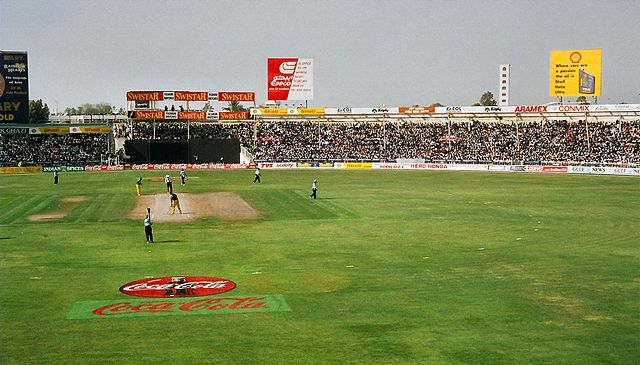
In the late 1980s and for most of the 1990s, India and Pakistan squared-off on neutral venues such as Sharjah in the United Arab Emirates and in Toronto, Canada, where large audiences of expatriates regularly watched them play. The series between the teams in Canada in the 1990s and early 2000s were officially known as the “Friendship Cup”.
Sharjah even though a neutral venue was considered as the “back yard of Pakistan” given the close proximity and the massive support the team generated. There was a widespread accusation of biased umpiring in favor of Pakistan at the venue.
Vajpayee’s Cricket Diplomacy
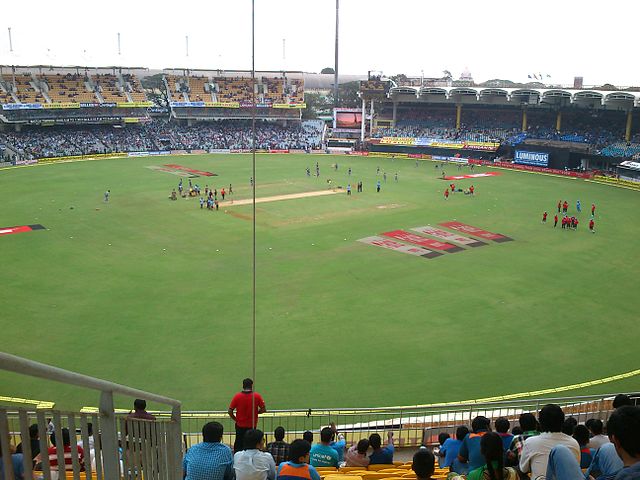
In 1999, immediately following Indian Prime Minister Atal Bihari Vajpayee’s historic visit to Pakistan, the Pakistani team toured India for Test matches and played in an ODI competition before the Kargil War again put bilateral relations in a deep freeze. Prime Minister Vajpayee’s peace initiative of 2003 led to India touring Pakistan after a gap of almost 15 years.
Subsequent exchange tours were held in 2005 and 2006 before the 2008 Mumbai attacks led to the suspension of India’s planned tour of Pakistan in 2009 and all future engagements in Pakistan.
Bilateral Series and Dispute
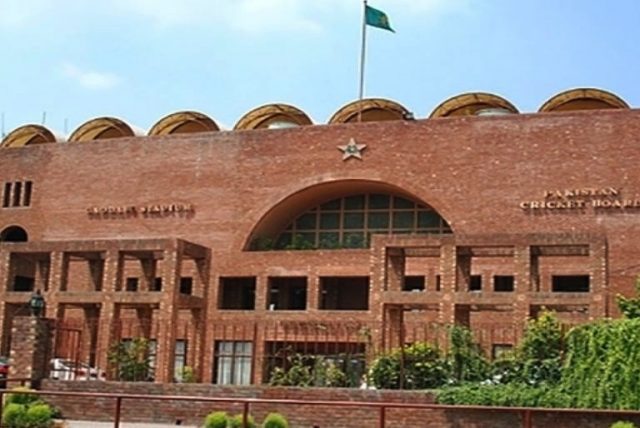
In June 2014, the Pakistan Cricket Board stated that an agreement to play six bilateral series has been signed with the BCCI during the ICC annual conference in Melbourne. After lengthy negotiations, involving offers and counter-offers on the venues and scheduling of the first of these series in December 2015, the boards were unable to reach an agreement, and the BCCI did not tour for a full series against Pakistan in the UAE, and communications petered out with no result.
In May 2017, BCCI secretary Amitabh Choudhary said that the BCCI would need approval from the Indian government before a bilateral series can go ahead. There was no further progress, despite both members of both boards meeting in Dubai to discuss the matter.
Cricket and Gesturing that is not cricket
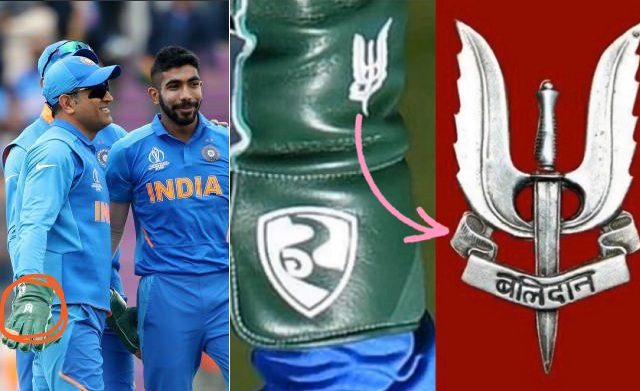
The Indian cricket team wore camouflage army-style caps in a match against Australia in March, in solidarity with Indian paramilitary police killed in the attack by a Pakistan-based group in Kashmir. The Pakistan cricket board wrote to the International Cricket Council (ICC) asking them to take action against this aggressive expression of patriotism, but they said that they gave India permission to wear the caps before the game.
Dhoni, an honorary lieutenant colonel of the Indian territorial army, has been sporting the insignia of the Indian special forces. He was strongly supported by the India cricket board, but this time ICC has forced him to back down
Pakistan during the ongoing world cup requested to celebrate fall of Indian wickets differently, however, PCB refused the request.
